Scotland’s largest independent co-operative is feeling the impact of the cost-of-living crisis as customers rein in their spending.
Sales at Scotmid in the 26 weeks to July 30 were down by £4.8 million year-on-year, to £204.2m.
Chief executive John Brodie said a “perfect storm” of economic woes was hurting the business.
And he called for a shopper voucher scheme to boost retailers.
There has been a complete lack of certainty and stability in recent months.”
John Brodie, chief executive, Scotmid.
A £145m economic stimulus scheme in Northern Ireland saw every adult get £100 to spend on high streets.
Mr Brodie said it was time to introduce a similar scheme on this side of the Irish Sea.
“That would be very helpful,” he said, adding it would mitigate the “lowest level of consumer confidence in recent times”.
Restoring that confidence and stability in the economy top his wish list for getting food retailing back to pre-pandemic levels of trade.
Scotmid’s customers are trading down, choosing far more own label products instead of more expensive brand names, he said.
The business is also among many grappling with a cost crisis as their own bills rocket, he said.
Scotmid’s energy bills for the first six months were up by a “seven-figure sum”, compared with a year ago, meaning it forked out more than £1m extra year-on-year.
Two crises at once for Scotmid
Mr Brodie said the retailer, like many others, was facing two crises – the cost-of-living impact from people sending less and the cost-of-doing-business hit to the bottom line.
He added: “More than anything, we need some economic stability so we can plan and know where we are.
“There has been a complete lack of certainty and stability in recent months.
“Food retailing has not returned to pre-pandemic levels, but business rates have and energy costs have increased substantially.
“We anticipated a fall (in trade) at the time of our year-end results.
“We expected things would be challenging, with inflation coming through.
“But that challenge is proving even greater than we had anticipated.”
A big rise in energy bills, other inflationary pressures, weak consumer confidence and the ongoing economic impacts of Covid and war in Ukraine all add up to a “prefect storm” for retailers in 2022, the Scotmid boss said.
He also said Scotmid was trying not to pass on its higher costs to customers but this was difficult to sustain
Scotmid’s businesses include Scotmid Co-operative food stores, Lakes and Dales Co-operative food shops, Semichem health and beauty outlets, funeral directors, post offices and a property division.
The group employs about 5,000 people in Scotland, Northern Ireland and the north of England across nearly 350 retail outlets.
Scotmid balance sheet still ‘strong’
First half trading profits came in at £1.1m, down from £1.9m a year earlier, while the pre-tax surplus more than halved to £727,000, as the economic climate turned sour.
Mr Brodie said: “We have responded proactively by bearing down on controllable cost areas, maximising sales opportunities and investing for the long term, underpinned by a strong balance sheet.”
Scotmid reduced net debt to £16.9m, from £24.3m, during the year to July 30. The net asset position also improved over the period, to £113,4m from £104.4m previously.
Mr Brodie highlighted continued investment in the business, as well as financial and other support to charities and local community groups.
Scotmid reported a Covid recovery period trading improvement at Semichem.
But this was offset by a weaker-than-expected recovery in high street footfall due to the cost-of-living crisis.
Scotmid’s property business continued to grow rental income, thanks to ongoing investment and divestments.
The group’s funerals business conducted fewer funerals but was “able to provide a wider range of services”, Scotmid said.
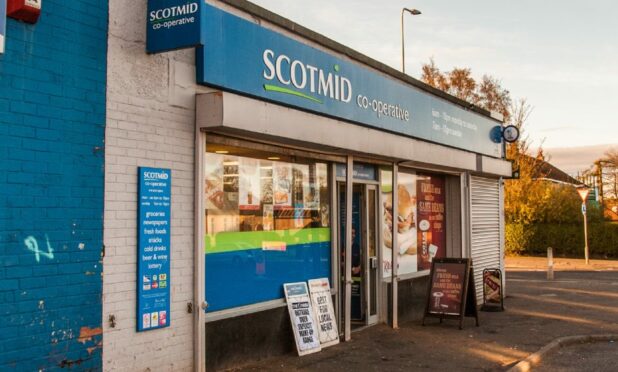

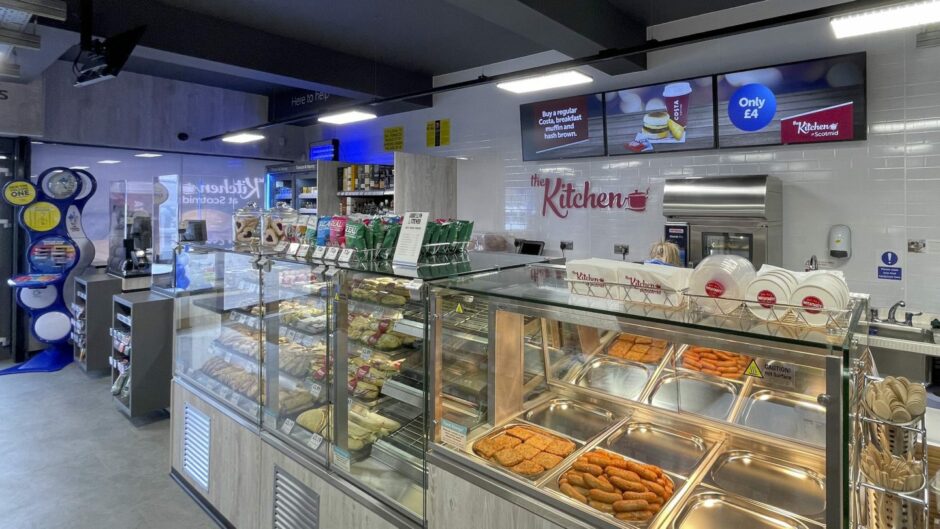




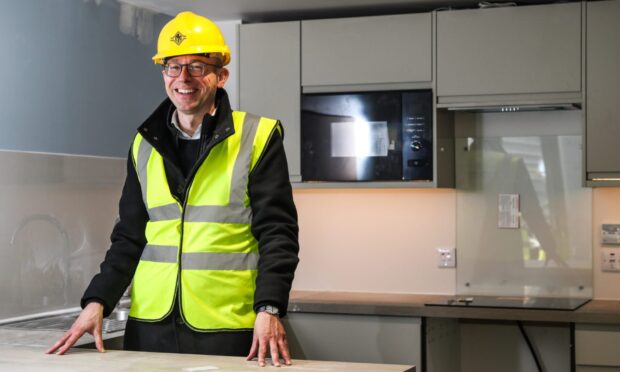
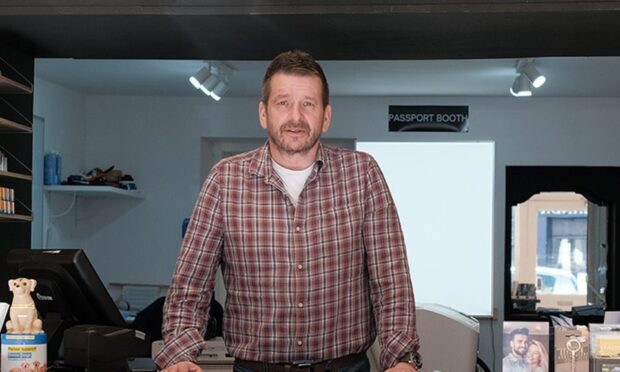
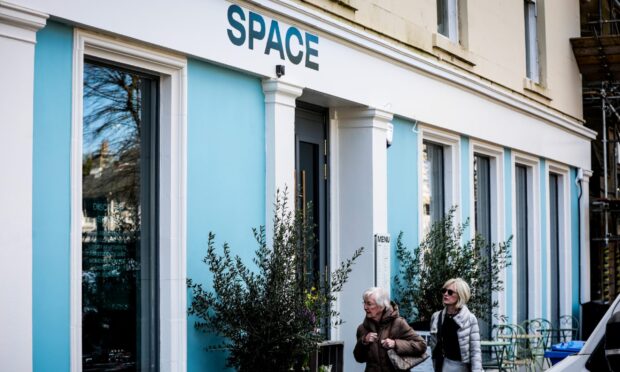
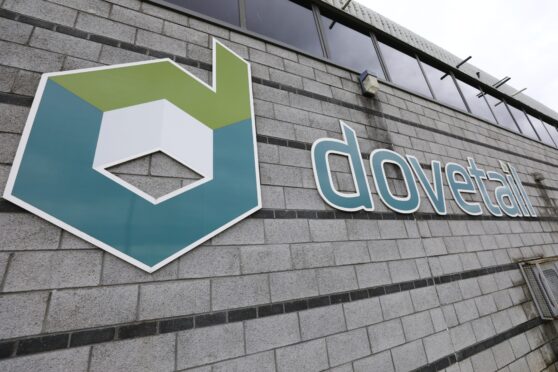
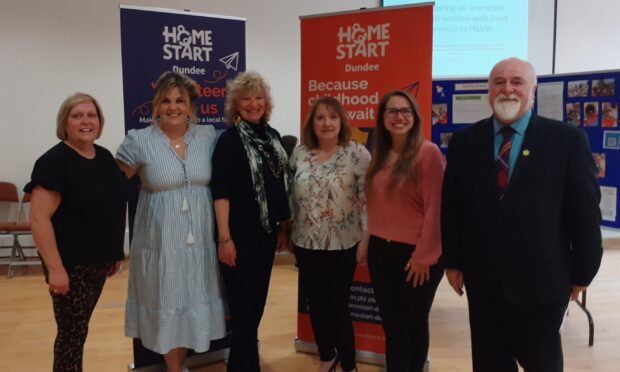

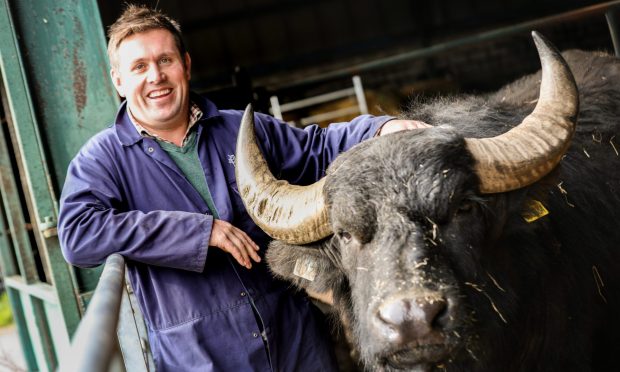
Conversation